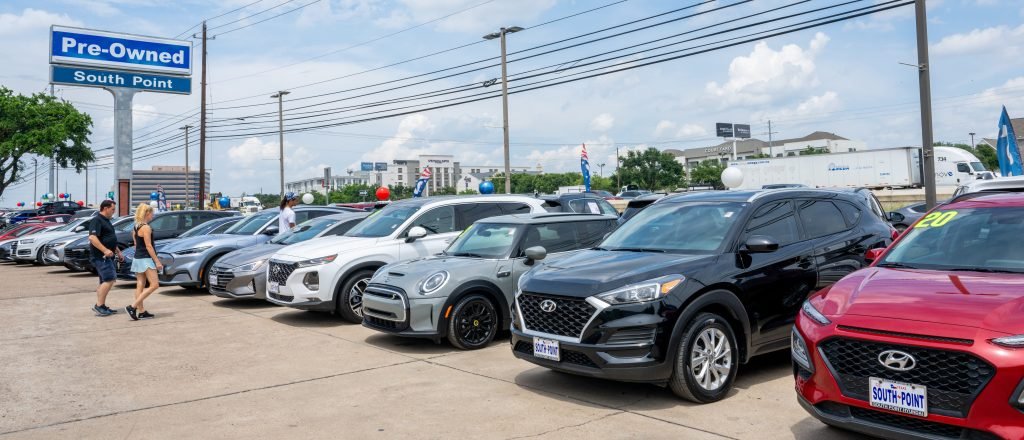U.S. auto sales remain below pre-pandemic levels as the auto market struggles, according to the Wall Street Journal.
Rising borrowing costs and rising new car prices are two key factors deterring consumers from purchasing. According to In WSJ. Many customers are considering leasing a car to avoid out-of-pocket costs and are turning to smaller, more affordable models.
“I don't think people really want these tiny cars, but that's what they can buy right now,” Cox senior economist Charlie Chesbrough told the Journal.
The average price of a new car sold last month was $44,467, down nearly 3% from last year, WSJ reported, citing data from JD Power. However, this figure was approximately $34,600 at the end of 2019.
“This market remains fairly unaffordable,” Jessica Caldwell, director of insights at car shopping website Edmunds, told the Journal.
The auto industry isn't the only industry facing rising costs, as home ownership costs have also risen since the pandemic. Additionally, with inflation rising under the Biden administration, many Americans are struggling to make car payments and credit card payments.
Inflation rose at an annual rate of 2.5% in August, down from 2.9% in July. Inflation peaked at 9% in June 2022.
The Biden-Harris administration is making a big push toward electric vehicles (EVs), introducing stricter emissions regulations and spending billions of dollars in subsidies for EV production.
The U.S. auto industry faces intense competition from China, and experts worry that China is trying to steal the market. China's dominance of the EV market has become a problem for U.S. automakers, and in October 2023 the country introduced export restrictions on graphite, a key material needed to make EV batteries.
BURBANK, CA – JULY 24: A Tesla Cybertruck charges at a Tesla dealership on July 24, 2024 in Burbank, California. (Photo courtesy of Mario Tama/Getty Images)
The Biden-Harris administration announced on September 20 that it would provide billions of dollars in subsidies to manufacture EV batteries to compete with China.
Many automakers have changed their EV targets due to lack of consumer demand. General Motors reported a $1.7 billion loss in January, citing manufacturing issues that will prevent it from rolling out EVs in 2023. (Related: Major auto workers union, which brought the entire industry to a standstill last year, threatens to launch another major strike)
Ford has also struggled to increase sales of its EV products, and on Monday announced it would offer free chargers and housing to EV buyers. In August, the company announced that it would cancel plans to manufacture a series of three-row electric SUVs.
All content produced by the Daily Caller News Foundation, an independent, nonpartisan news distribution service, is available free of charge to legitimate news publishers with large audiences. All republished articles must include our logo, reporter byline, and DCNF affiliation. If you have any questions about our guidelines or partnering with us, please contact us at licensing@dailycallernewsfoundation.org.







